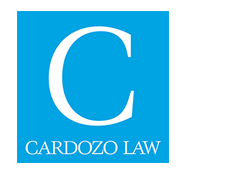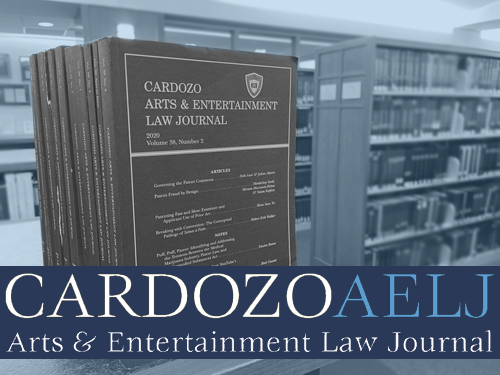Document Type
Article
Publication Date
4-12-2021
Graduation Year
2022
Abstract
There is a raging debate about whether Yale University in terminating Dr. Bandy Lee’s contract violated her constitutional rights to the freedom of speech. At the center of this controversy is Alan Dershowitz, a criminal defense attorney and Harvard Law School professor emeritus who, in July 2019, proclaimed his innocence against sexual misconduct allegations on national television. Specifically, Dershowitz stated that “[David Boies] has an enormous amount of chutzpah . . . to challenge my perfect, perfect sex life . . . .” Months later, on Twitter, Professor Richard Painter compared Dershowitz’s use of the term “perfect” to describe his sex life with President Trump’s use of the same term to describe his phone call with Ukrainian President Volodymyr Zelensky. This tweet prompted Dr. Lee to reply that: “[T]his might be dismissed as [an] ordinary influence . . . . However, given the severity and spread of ‘shared psychosis’ among just about all of Donald Trump’s followers, a different scenario is more likely.” Subsequently, Dershowitz complained to Yale officials that Dr. Lee had diagnosed him with a mental disorder without conducting a formal exam, which constituted a violation of the ethics rules adopted by the American Psychiatric Association (“APA”) in most jurisdictions. In May 2020, Yale opted not to renew Dr. Lee’s contract, emphasizing her repeated violations of APA ethics rules. This year, Dr. Lee filed a lawsuit against Yale claiming, inter alia, that her termination was unlawful under the First Amendment. According to the lawsuit, Dr. Lee’s tweet is entitled to First Amendment protection “since she was acting on a citizen’s duty to contribute her gifts to society, including her professional training and knowledge, not as a psychiatrist under private employment.” However, the lawsuit fails to address two key facts: (1) Private employers, like Yale, have a right to impose restraints on certain speech or behavior; and (2) the First Amendment only protects speech from government censorship.
This post was originally published on the Cardozo Arts & Entertainment Law Journal website on April 12, 2021. The original post can be accessed via the Archived Link button above.
Recommended Citation
Ricks, Renisha, "The First Amendment, Twitter, and Dr. Bandy Lee" (2021). AELJ Blog. 282.
https://larc.cardozo.yu.edu/aelj-blog/282



